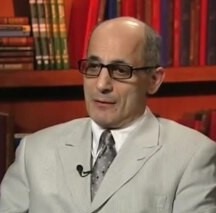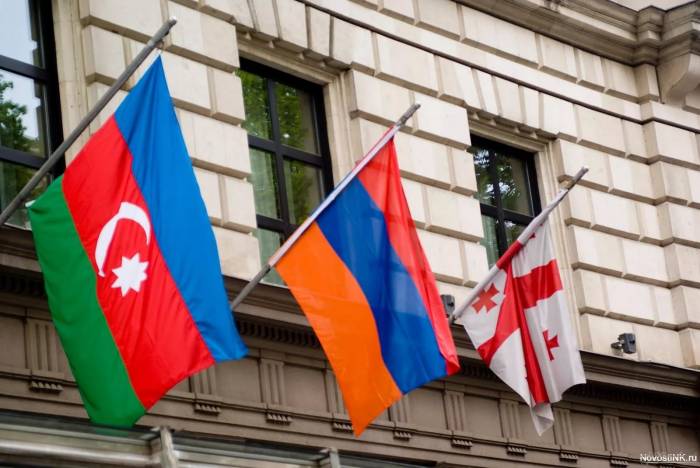Kenan AĞAZADE
The Second Karabakh War changed the status-co in Southern Caucasia totally and created a new status-quo. Besides, Azerbaijan and Armenia continue to make efforts to normalize the relations after the war. In another Southern Caucasia country, Georgia cannot stabilize the political situation. Therefore the arrest of former President Mikheil Saakashvili leads to tension within the society in the background.
In this context, The International Asia Today discussed the situation in the region with an American political expert of Azerbaijani origin Ramis Yunus.

is a political expert with experience in leading positions both in Azerbaijan and abroad. Ramis Yunus worked as the head of the parliamentary administration. He also held various positions in Yemen and Saudi Arabia. Now he resides in the United States and advises media organizations and foundations.
Mr. Yunus, how do you analyze the expectations on Zengezur Corridor Project that emerged after the Second Karabagh War between Armenia and Azerbaijan?
It should be clearly understood that if the problem of the Zengezur Corridor, which crosses the territory of Armenia, cannot be solved, the Lachin Corridor problem will remain. These corridors are the basis for a possible peace agreement between Azerbaijan and Armenia, and the ones who demand the peace sincerely should accept that fact.
Which role do OSCE Minsk Group Co-chairman Countries can play for the peace after the war?
Format of OSCE Minsk Group can only be activated if Turkey joins the process as a Co-chairman for the negotiations between Armenia and Azerbaijan. Since the Second Karabagh War clearly shows the engagement of the USA, France, and Russia on the side of Armenia, Azerbaijan needs to insist on that issue. Otherwise, like the last 30 years, those negotiations will not be effective. If it is accepted or not, the status-co in the region has changed, which means the format of negotiations should also change.
Mr. Yunus, if we talk about Georgia, how do you see the unique role of former President Mikheil Saakashvili in Georgia’s socio-politic life? Do you think Saakashvili reminds the famous reformer of Singapure Lee Kuan Yu that recreated the country and saved it from the “colonial pit”?
The thing Saakashvili achieved in nine years is the fundamental transformation of the country in a short period. The leadership of Mikheil Saakashvili provided economic development in the situation of the global financial crisis as well as the aggressive attitudes of Russia. Thus Saakashvili became an idol and a successful president for everyone after the post-Soviet era. It is two different Georgia’s before and after Saakashvili leadership. Future generations will be grateful to him and appreciate his reforms. It is a shameful situation that Saakashvili is in prison now. Nevertheless, during the parliament elections, he should be back to move the masses in 2020.
The supporters of the Georgian Dream Party, which is in power, are in conflict with each other on the issues of political, economic, foreign policy, and so on. But in Georgia’s political life, the aggressive and humiliating attitudes of the ruling against Saakashvili, the arrest is simply an act of revenge.
What are the rapprochement expectations of ex-Soviet republics to the US and EU?
We politically need a free flow of markets that are stable and new. All the processes, such as opening borders and labor migration, are going forward quickly. That is why politicians need to adopt that process. It should be noted that the economic boost of China is originated from not only the wisdom of reformist statesman Deng Xiaoping but also American finance. So let’s compare China and Russia. There is a diametrically opposite situation. Because China has accepted the rules of the game, while Russia focused on the reconstruction of the Soviet Union with the power of intelligence agency with the leadership of Putin. But the result is quite open.
Azerbaijan, Georgia, and Armenia will be part of the European Union in the future. All the conflicts will be solved in the frame of politics and economics like it has been done in Yugoslavia.

